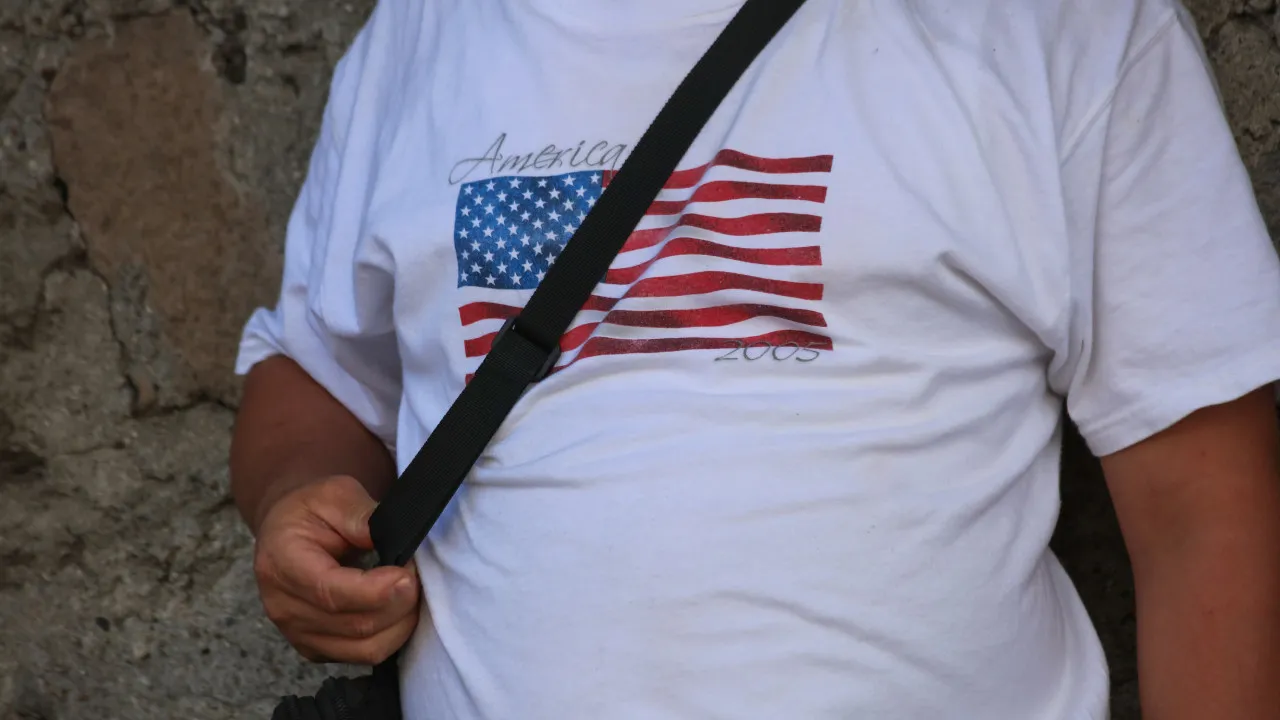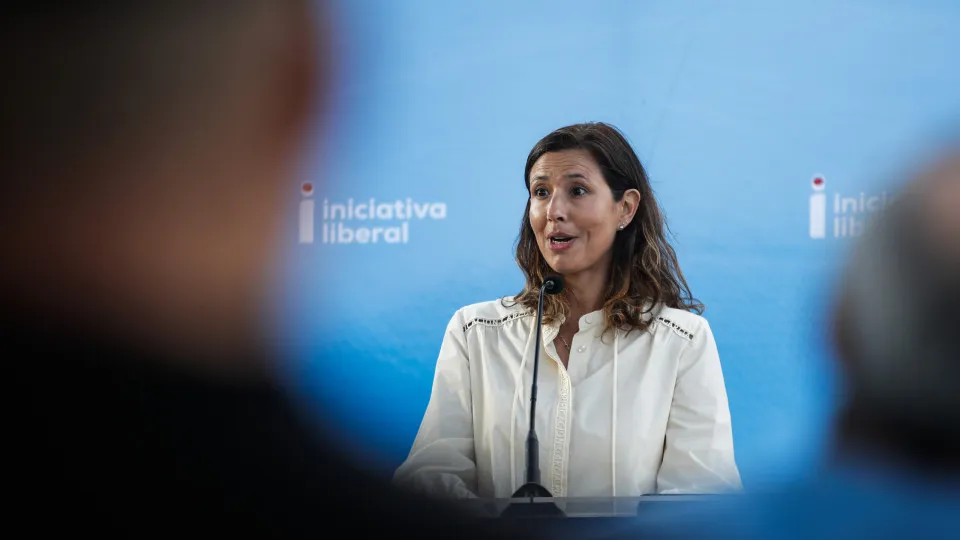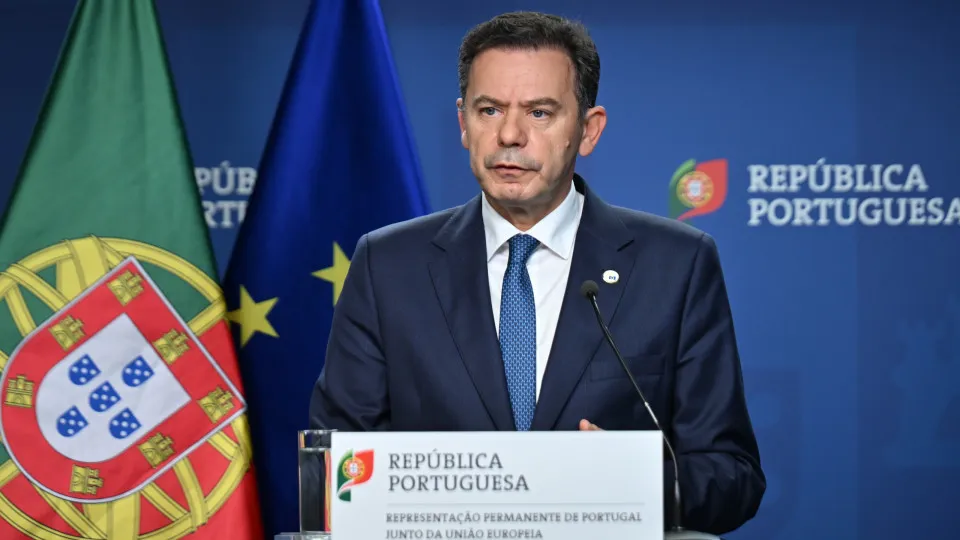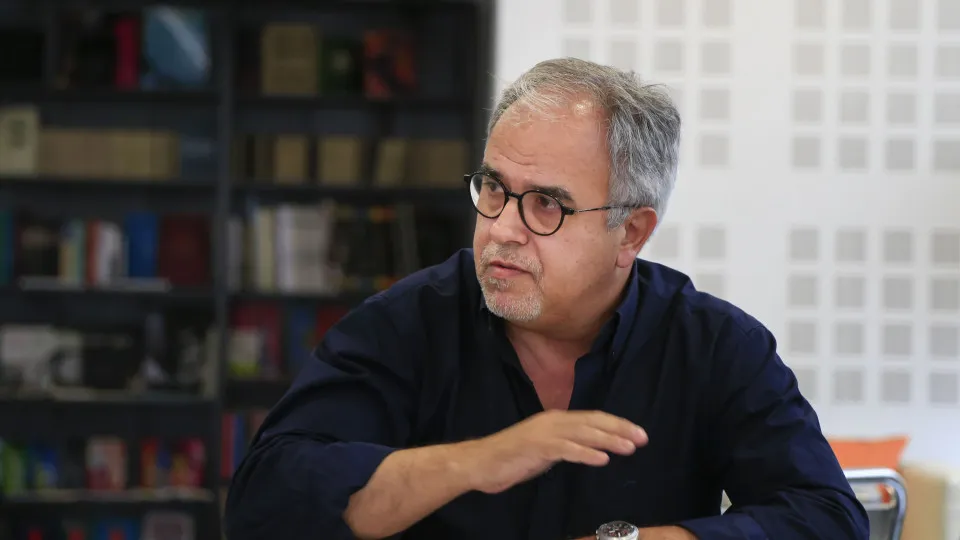
The Secretary of State Adjunct for the Presidency and Immigration stated today that the changes to migration policy announced this week were previously planned but were delayed due to the elections.
During a conference marking the one-year anniversary of Diário de Notícias DN Brasil, Rui Armindo Freitas emphasized that the changes announced on Monday were longstanding commitments.
The announced changes include amendments to the nationality law, the foreigners’ law, the harmonization of residence permits for the Community of Portuguese Language Countries (CPLP), and new rules for highly qualified immigrants.
“The work started in April of last year, but our political choices cannot stop. (…) If we hadn’t had an interruption of the political cycle, these measures would have been presented earlier,” said Rui Armindo Freitas at the conference.
The project to revise the migration system began in June last year and anticipated these steps, but the break in the legislature and the May 2025 elections forced a delay, he explained.
Commenting on the one year since the creation of DN Brasil, the official stated that this editorial project “was born almost at the same time the previous Government presented” the action plan for migrations, introduced on June 3.
For Rui Freitas, in the current context, it is essential to have editorial projects that combat misinformation, striving to “ensure the truth reaches readers.”
“We started from chaos, with over 400,000 pending processes at the Agency for Integration, Migrations, and Asylum (AIMA),” besides issues with CPLP authorizations (which were not harmonized with European rules) and document renewal, with “papers renewed repeatedly since 2020.”
“We have set up a mission structure that increased the State’s capacity for service by six times,” as the facilitation of entries in recent years caused “the elasticity of State services to not meet demand.”
The government’s priority in admissions is directed at CPLP immigrants, alongside attracting investment and talent.
“Language is a critical factor for the integration of immigrants in Portugal,” and “immigration must function as a system, so that we can open and close doors to have the immigration we want and can adequately welcome those who come here,” he said.
Rui Freitas promised a migration policy of “firm moderation, clear rules, leadership in the immigration debate, with no room for hate speech.”
Because without clear rules, “it creates a fertile ground for hate speech to grow,” and only “with democratic societies” and “accurate information” would it be possible to have a “cohesive society that knows how to welcome.”
At the session, the director of Diário de Notícias, Filipe Alves, reminded of the media’s role in combating misinformation and defending democratic societies.
In turn, the administrator of the group, Marco Galinha, praised the DN Brasil project, considering it “very important to give an editorial voice to the Brazilian people.”
Today, he added, Diário de Notícias has “five million online monthly audiences worldwide.”
Launched at the beginning of June last year, DN Brasil is a project aimed at the Brazilian community living in Portugal.
The project includes one or two pages in the print edition of Diário de Notícias each week, identified and written in Brazilian Portuguese, in addition to a supplement and a website.




